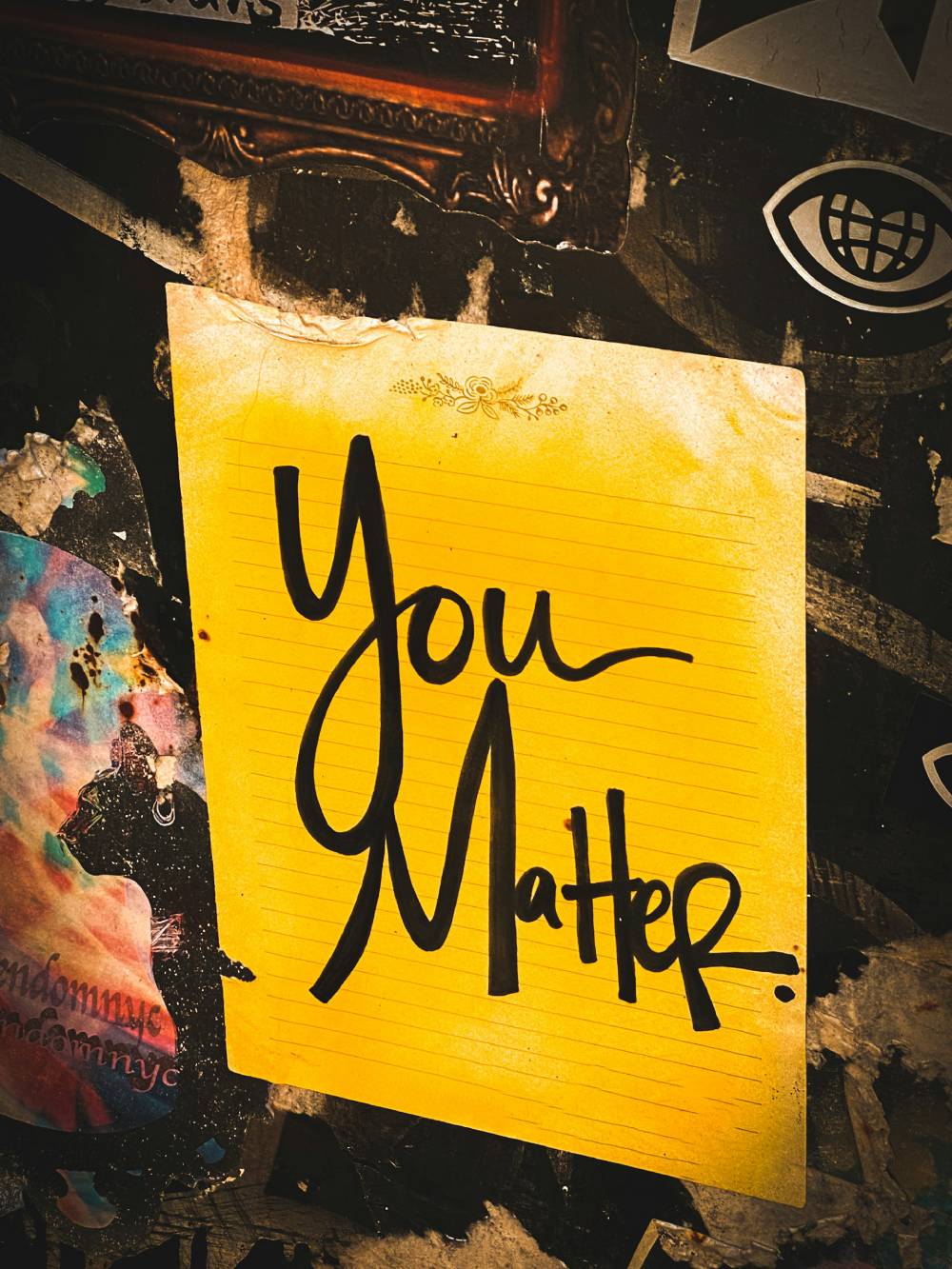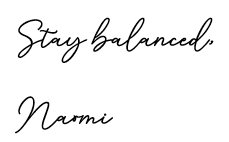Put Your Mask On First (Even When It Feels Wrong)

If the oxygen masks came down on a flight, would you put yours on first? Or, if we’re being honest, would your instinct be to help your child first? Your partner? Maybe even the stranger next to you?
We all know what we’re supposed to do. The instructions are clear: take care of yourself first so you can be useful to the people around you. But knowing and doing are two very different things. Helping others first feels morally right. And maybe, deep down, there’s a belief that you’ll be fine. You’re capable, efficient. Quick. You’ve pushed through worse. You’ll get to yourself once everyone else is okay.
But that belief? It’s part of what gets us into trouble.
The illusion of being the exception
Two psychological tendencies often show up here: optimism bias and the illusion of control.
Optimism bias is the belief that this won’t happen to me. That burnout, crisis, or overwhelm is something other people experience. Not you.
The illusion of control tells you that if you just stay on top of things – manage the calendar better, reply faster, do a bit more – it’ll all be fine. You can hold your breath longer. You can wait to put the mask on.
And on a day-to-day level, these beliefs show up when you…
- Skip lunch and tell yourself you’ll eat later.
- Say “I’m fine” when you’re not.
- Take on more even though your plate’s already full.
- Ignore the exhaustion, stress, or emotional toll—because there’s always someone else who needs something.
You might recognize the advice: rest, boundaries, balance, burnout. Maybe you’ve heard it so many times it’s started to feel like background noise. But the truth is, many of us don’t follow it—not because we don’t believe it’s true, but because we quietly believe the data doesn’t apply to us.
But it does. You may be exceptional. But you’re not the exception.

That’s not bad news
Because if the data applies to you, then the strategies do, too. Rest helps. Boundaries matter. Saying no is useful. Delegating works. Support is valid.
You don’t have to earn rest by reaching your breaking point. And you don’t have to wait until everything falls apart to start caring for yourself. If you wait until there’s no air left in the cabin, it’s already too late to help anyone.
The same goes for real life. You don’t serve people well by running on empty. You serve them by being resourced enough to show up fully -and by modeling that it’s okay to have needs, too.
You might be someone others rely on. The steady one. The go-to person. The fixer. That identity can feel good -but it can also become a trap. Because when your role is to take care of everyone else, your own needs start to feel like a liability.
It’s easy to convince yourself that you’ll get to them later. Later becomes next week. Then next month. And then you look up and realize you haven’t had a moment to breathe in a long time.
The discomfort of prioritizing yourself? That’s real. But so is the cost of not doing it.
Putting your mask on first doesn’t mean you don’t care
It means you care enough to want to be fully present -for yourself, and for others. It means you’re choosing sustainability over survival mode. It means you’re willing to believe that your wellbeing matters, too. And it means you’re challenging the story that being needed is more important than being okay.
So, when the pressure builds, whether in work, family, caregiving, or daily life, ask yourself:
Am I putting my mask on first? Not because it’s selfish. Not because it’s easy. But because it’s the only way to breathe.
